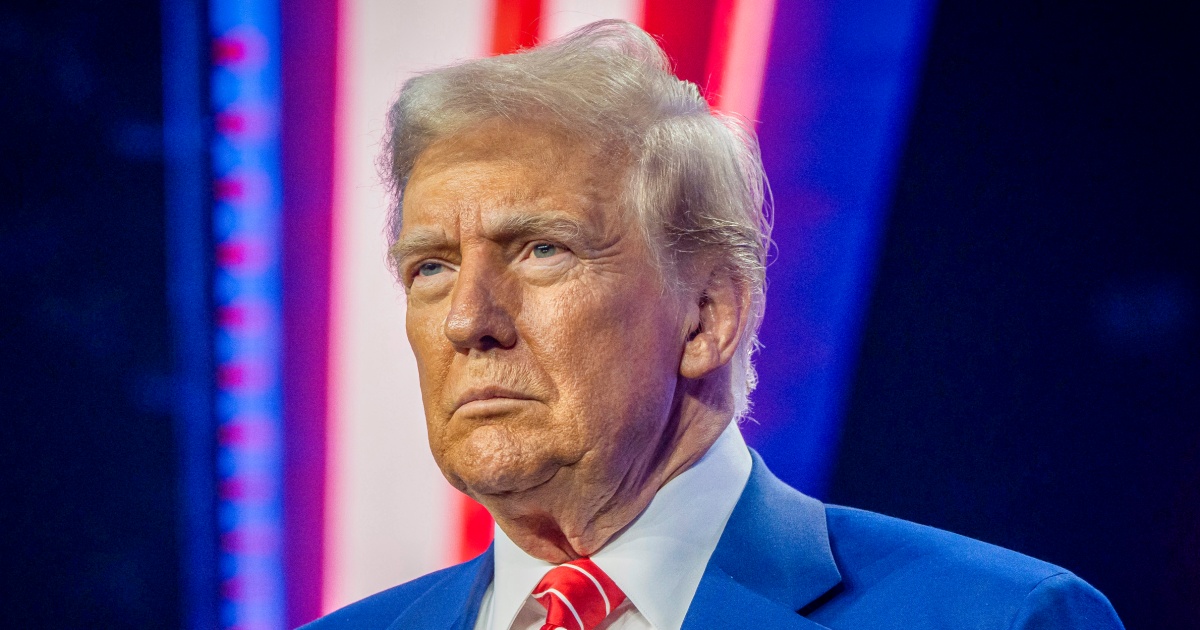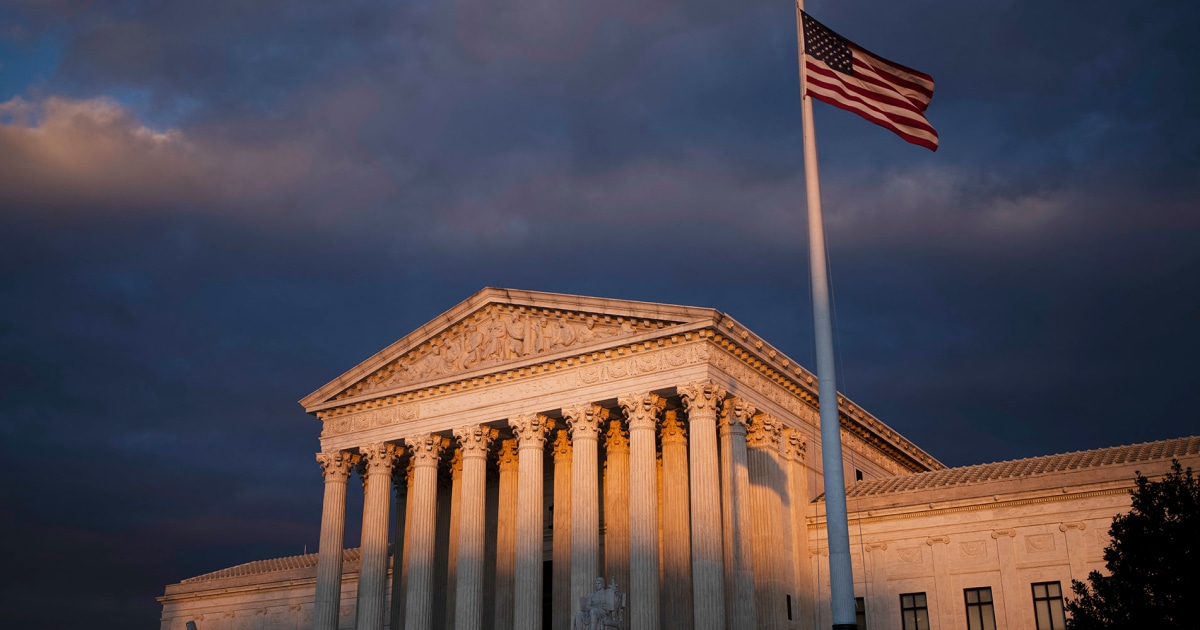At a closed-door House Republican retreat Saturday morning, newly re-elected House Speaker Mike Johnson, R-La., said President-elect Donald Trump was in favor of passing a single reconciliation bill that would address his priorities, including border security, energy and an extension of his signature 2017 tax law, two sources with direct knowledge told NBC News.
Since the November election, when Republicans took back control of the White House and the Senate and retained control of the House, GOP lawmakers have publicly debated whether to attempt to pass one or two reconciliation bills to advance their agenda.
Reconciliation allows Congress to pass party-line policies related to taxes and spending with simple majority votes, suspending the Senate’s usual 60-vote threshold needed to pass legislation.
With a razor-thin House Republican majority and a four-seat GOP Senate majority, Republican lawmakers would still have little wiggle room to lose GOP votes, even when passing laws using reconciliation.
Johnson’s revelation that Trump is in favor of a single reconciliation bill is important because some in the president-elect’s orbit, including those who will be involved in negotiating any package like his immigration policy adviser Stephen Miller, have been pushing Republicans for two separate reconciliation bills: one tackling immigration and the other focusing on Trump’s 2017 tax cuts, which will expire later this year.
Trump’s endorsement of just one bill will be welcome news to many in leadership but could be a blow to some hard-liners who want the border addressed immediately.
Senate Majority Leader John Thune, R-S.D., endorsed a two-bill strategy in December, and Republicans in the chamber have already begun setting up the process for a border-only reconciliation bill.
“In my view, it makes sense to move quickly on things we know we can do quickly — border, defense, energy,” Thune told reporters last month. “And then come back with another package that would address some of the savings that can be achieved through reductions in cost in various agencies and bureaucracies and government programs and then also deal with the expiring Trump tax cuts in a package later this year.”

Most Republicans in Congress have raised issues with attempting two budget bills in a single year through the wonky process that allows them to bypass the 60-vote threshold. It would be a heavy lift unifying the party around two massive bills, they say, rather than just one, and could unnecessarily expend political capital. Lawmakers tasked with crafting tax policy, who are already plotting the tax package, are also worried that splitting the bills into two would raise the price tag of extending Trump’s tax cuts and add to the deficit — a red line for many in the GOP.
Spokespeople for Trump’s transition team and Thune did not immediately respond to a request for comment.










